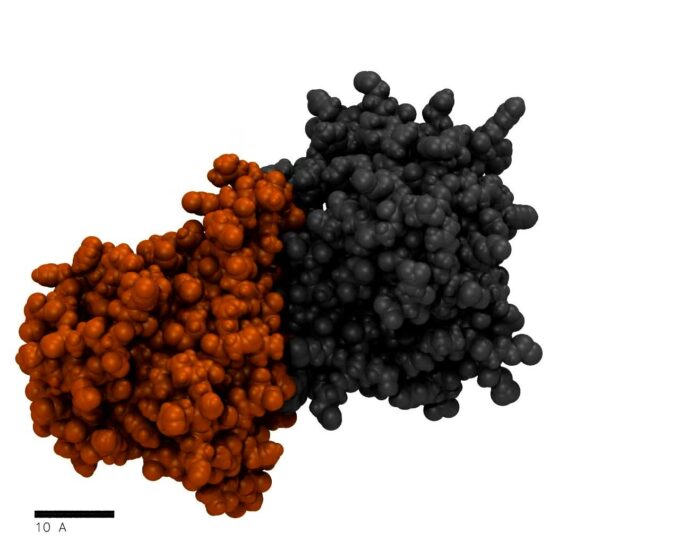A viral claim suggesting that Paracetamol-500 tablets contain the deadly Machupo virus has re-emerged on social media, sparking unnecessary panic among users. This baseless allegation has been dismissed numerous times by global health authorities, including India’s PIB Fact-Check Unit and Singapore’s Health Sciences Authority (HSA). Despite being debunked repeatedly, the rumor continues to circulate, highlighting the enduring problem of health-related misinformation in the digital age.
Understanding the Origin of the Claim
The rumor regarding Paracetamol and the Machupo virus first surfaced several years ago, alleging that a commonly used medication was contaminated with a deadly pathogen. It gained traction due to its alarming nature and rapid spread across social media platforms. However, medical experts and regulatory authorities have consistently refuted these claims, reassuring the public about the safety of Paracetamol.
In India, the PIB Fact-Check Unit addressed the claim earlier this year, categorizing it as “fake” and reaffirming that Paracetamol-500 is safe for consumption. Similarly, Singapore’s HSA dismissed the hoax in 2017, stating unequivocally that the Machupo virus cannot survive or be transmitted through pharmaceutical products.
What Is the Machupo Virus?
The Machupo virus is a rare and dangerous pathogen that causes Bolivian hemorrhagic fever. It is primarily transmitted through contact with infected rodents or their bodily secretions, and its natural habitat is confined to certain regions in South America.
There is no scientific basis to support the claim that the Machupo virus could exist in Paracetamol tablets or any other medicine. Pharmaceutical manufacturing processes involve stringent safety protocols and sterilization measures that would eliminate any possibility of viral contamination.
Global Health Authorities Respond
- India’s PIB Fact-Check Unit:
- In a public announcement, the unit declared the viral claim as “fake” and urged people not to believe or share such misinformation.
- Singapore’s Health Sciences Authority (HSA):
- The HSA addressed the rumor in 2017, calling it a “hoax” and emphasizing that rigorous quality controls in drug manufacturing make such contamination impossible.
- World Health Organization (WHO):
- Although the WHO has not directly commented on this specific claim, its guidelines stress the importance of combating health misinformation to maintain public trust in medical systems.
Impact of the Rumor
Misinformation of this nature can have significant consequences, including:
- Public Panic: Baseless claims about medicine safety can lead to fear, resulting in individuals avoiding essential medications, which can have serious health repercussions.
- Distrust in Healthcare: Repeated exposure to false claims can erode public trust in health systems and pharmaceutical companies.
- Disruption of Public Health Initiatives: Authorities must redirect valuable resources to address rumors instead of focusing on real health issues.
Why Such Claims Persist?
Despite clear evidence debunking the rumor, the claim linking Paracetamol to the Machupo virus resurfaces periodically. This persistence can be attributed to:
- Sensationalism: Alarming news tends to attract more attention, clicks, and shares, making it viral quickly.
- Lack of Digital Literacy: Many social media users fail to verify information before sharing it.
- Echo Chambers: Once misinformation is shared, it is amplified within groups that already distrust mainstream information sources.
How to Spot and Avoid Health Misinformation?
- Verify Information: Always cross-check claims with reliable sources such as government health agencies or trusted medical organizations.
- Rely on Fact-Checking Platforms: Use platforms like PIB Fact-Check in India or similar initiatives globally to confirm the authenticity of viral news.
- Think Critically: Question the logic and credibility of claims that seem overly dramatic or lack evidence.
- Avoid Sharing Rumors: Resist the urge to forward unverified information, as doing so can amplify the panic.
Ensuring Safety and Reassurance
Pharmaceutical companies adhere to stringent regulatory standards that ensure the safety and efficacy of medications. From sourcing raw materials to the final packaging, each step undergoes rigorous quality control. Paracetamol, one of the most commonly used over-the-counter medications, is no exception.
Global health experts reiterate that the Machupo virus cannot survive the stringent sterilization and quality assurance processes involved in drug manufacturing. Public confidence in pharmaceutical safety must be maintained by combating misinformation and promoting health literacy.
The Bigger Picture
The resurgence of this rumor underscores the need for vigilance in the face of health misinformation. With the rise of social media, false claims can spread rapidly, causing widespread panic. Combating these issues requires a collaborative effort between health authorities, media platforms, and the public.
Educating people about the dangers of misinformation and encouraging them to rely on verified sources is crucial for maintaining public health and safety. By fostering a culture of critical thinking and responsible sharing, we can collectively minimize the impact of such baseless rumors.
Paracetamol remains a safe and effective medication when used as directed. Public health is a shared responsibility, and addressing misinformation is a vital part of ensuring the well-being of all.

